CONSIDERING THE ROLE STRESS MAY PLAY IN EMOTIONAL EATING. WHAT ARE SOME POTENTIAL MIND-BODY INTERVENTIONS THAT MAY FACILITATE DECREASED STRESS AND BALANCED EATING HABITS?Stress can stem from a plethora of sources, and the perception of stress varies from person to person. This stress can lead to a variety of disordered eating habits, especially around emotional eating (Hernandez-Hons & Woolley, 2012; Ramos-Jiménez et al., 2015). Some individuals may have a physiological response where blood flow is directed away from the gastrointestinal tract, resulting in reduced appetite (Hernandez-Hons & Woolley, 2012). This can transition into a coping mechanism or manifest into a full-blown eating disorder (Hernandez-Hons & Woolley, 2012). Others will take the opposite tact and respond to stress by increasing their intake of certain foods, often evolving into a bingeing pattern of eating (Hernandez-Hons & Woolley, 2012; Lattimore et al., 2011). Regardless of the change in eating behavior, the influence on health and well-being is far-reaching, creating a perpetual cycle of increased stress and continued disordered eating patterns.
Yoga and meditation are two mind-body interventions that simultaneously decrease stress and positively influence eating behavior (Ramos-Jiménez et al., 2015; Sampaio et al., 2021; Watts et al., 2018). Meditation can help regulate the body's stress response and support anxiety management by improving self-regulation and awareness, which influences eating behaviors by increasing mindfulness around food choices and physiologically adjusting reward pathways in the brain (Sampaio et al., 2021). Yoga works in a similar fashion but also adds a physical activity element through the movement aspect of the practice, which improves awareness of nutrient and caloric needs (Ramos-Jiménez et al., 2015; Watts et al., 2018). There can also be a strong community influence from a yoga practice that provides an emotional support system to help the individual cope with stress-related challenges (Ramos-Jiménez et al., 2015; Watts et al., 2018). Yoga and meditation offer the individual an alternate method to manage stress, and just as stress and disordered eating are perpetual and cyclic in the influence of each other, so too are healthy habits and mind-body modalities. As a former colleague of mine so eloquently stated: “Eating chips, drinking beer, and sitting on the couch go really well together, but none of those go well with walking on the treadmill.” In other words, healthy habits beget healthy habits, just as poor habits beget poor habits. References Hernandez-Hons, A., & Woolley, S. R. (2012). Women's experiences with emotional eating and related attachment and sociocultural processes. Journal of Marital and Family Therapy, 38(4), 589-603. https://doi.org/10.1111/j.1752-0606.2011.00239.x Lattimore, P., Fisher, N., & Malinowski, P. A. (2011). Cross-sectional investigation of trait disinhibition and its association with mindfulness and impulsivity. Appetite, 56(2), 241-248. https://doi.org/10.1016/j.appet.2010.12.007 Ramos-Jiménez, A., Wall-Medrano, A., Corona-Hernández, R. I., & Hernández-Torres, R. P. (2015). Yoga, bioenergetics and eating behaviors: A conceptual review. International journal of yoga, 8(2), 89–95. https://doi.org/10.4103/0973-6131.158469 Sampaio, C. V. S., Magnavita, G., & Ladeia, A. M. (2021). Effect of Healing Meditation on stress and eating behavior in overweight and obese women: A randomized clinical trial. Complementary therapies in clinical practice, 45, 101468. https://doi.org/10.1016/j.ctcp.2021.101468 Watts, A. W., Rydell, S. A., Eisenberg, M. E., Laska, M. N., & Neumark-Sztainer, D. (2018). Yoga’s potential for promoting healthy eating and physical activity behaviors among young adults: a mixed-methods study. International Journal of Behavioral Nutrition and Physical Activity, 15(1). https://doi.org/10.1186/s12966-018-0674-4
0 Comments
I receive a lot of questions about bariatric surgery and potential malabsorption concerns with it so I thought I would share some evidence around some common deficiencies and complications with those deficiencies.
Which nutrient deficiencies might cause neuropathy? The nutrient deficiencies that could contribute to, or be the cause of neuropathy are vitamin B1, B12, B6, vitamin E, and copper, which is associated with optic neuropathy (Becker et al., 2012). Vitamin B2 also causes “burning feet syndrome” which can be a sign of peripheral neuropathy (Martin, 2018). How would you differentiate which nutrients might be responsible for neuropathy? It is not always easy to isolate which nutrient deficiency is responsible for the reported neuropathy in the patient. There are several factors to consider when reviewing patients symptoms, but one major consideration is the time of the onset of symptoms, most neuropathies present years after bariatric procedure (Becker et al., 2012). Thorough review and assessment of patients diet, nutrient status, and medical history should be conducted when presented with neuropathy (Becker et al., 2012). Assessing the specifics of the neuropathy such as the time of onset and how it presents is a good starting pointing (Becker et al., 2012). Then testing for specific nutrient deficiencies and ruling out other potential causes is a good way to work on isolating which type of deficiency is present (Becker et al., 2012). Which micronutrient is most likely to show deficiency first? Thiamine deficiency usually presents within 8 – 12 weeks post-surgery but can be seen as early as 6 weeks (Becker et al., 2012). In my experience in working for a bariatric program for the last five years, in which three of those years I was the Program Coordinator, we most often saw thiamine deficiency. It was also challenging to get doctors to always identify this as the issue. One patient in particular had a history of alcohol abuse and he was often brushed off on the assumption that perhaps he had started drinking again. Thankfully he presented to the ER one day when one of the more progressive providers was working and he contacted me to discuss his symptoms and together we were able to identify thiamine deficiency. An easy blood test identified this. I have also worked with clients who did not have good medical coverage for additional lab work and their insurance providers did not cover some of the nutrient testing that I felt they should routinely have. What are the general supplement recommendations for most bariatric surgery patients? In the clinic that I worked we would routinely recommend a B complex, B12, Vitamin D, Calcium (although this is debated), vitamin C (for healing), Multivitamin, Iron (on occasion- not for everyone), and then others based on patient’s needs. From my own research I would also recommend K2, CoQ10, fish oil, and magnesium. I will say that we only performed Sleeve Gastrectomy and the surgeon I worked with INSISTED that this was not a malabsorptive procedure and therefore there was no need to supplement if patients were able to meet their nutrient needs via the diet. To support him and also do my duty as a dietitian I would confirm what he said but also reiterate the fact that they most likely will not be meeting their nutrient needs simply by the fact that their portions are so small and for many weeks they are utilizing liquid nutrients which may not be as absorbed so supplementing could help prevent deficiencies later on. Most patients agreed with this and were happy to supplement. The sleeve gastrectomy makes it easier to use any type of vitamin, but I did have a lot of clients start to look into vitamin patches per information they learned from their support groups and bariatric blogs. This is an area that I admittedly have not had the time to dive into, but I do think it is curious as we do absorb things well trans dermally. According to the text and the readings, the common supplement recommendations post bariatric surgery are vitamin A, thiamine, B12, Folate, Iron, Calcium, vitamin D, vitamin E, vitamin K and Copper (Becker et al., 2012; Litchford, 2013). B12 deficiency is common in patients aged 50 and older. Long-term deficiency can cause permanent neurological damage. B12 deficiency is missed in many patients because symptoms are vague, worsen progressively, and serum levels are a poor indicator of sufficiency. Outside dietary insufficiency, list at least two causes of B12 deficiency. Two common causes of B12 deficiency that are seen frequently by dietitians are: medication use that reduces absorption of B12, and post-bariatric surgery status (Litchford, 2013). The medications that typically affect absorption most likely to be seen in a nutrition consult are proton pump inhibitors and metformin (Litchford, 2013). Bariatric Surgery includes both the Roux-en-Y procedure and the Sleeve Gastrectomy (Litchford, 2013). Why does the risk of B12 deficiency increase with age? What is the mechanism? B12 deficiency is more common in the elderly population because there is an increased risk for a decrease in nutrient intake, and there are increased challenges to absorption of nutrients in the aging body (Litchford, 2013). Some of the signs and symptoms of B12 deficiency are more common and expected in the aging population so can be unidentified until later stages of the condition (Martin, 2018). Nutrient intake amongst the elderly is more common because of a number of factors including but not limited to; decreased appetite, chewing and swallowing difficulties, changes in tastes, access issues to healthy foods, and cognitive impairment (Litchford; 2013). B12 deficiency at its end stage is known as pernicious anemia and is the result of a prolonged reduction and loss of the synthesis of intrinsic factor which is essential for the uptake of B12 (Litchford, 2013; O’Leary & Samman, 2010). In the ageing population this can be diminished for a variety of reasons, one of which is the use of certain medications for conditions that correlate with ageing (Litchford, 2013). Which medications increase the risk of B12 deficiency? The medications that are commonly known to increase the risk of B12 deficiency are: omeprazole, lansoprazole, Tagamet, Pepcid, Zantac, cholestyramine, chloramphenicol, neomycin, colchicine, metformin, nitrous oxide anesthesia, and some epileptic medications (Litchford, 2013; Martin, 2018; O’Leary & Samman, 2010). Becker, D. A., Balcer, L. J., & Galetta, S. L. (2012). The neurological complications of nutritional deficiency following bariatric surgery. Journal of Obesity, 2012, 1-9. https://doi.org/10.1155/2012/608534 Litchford, M.D. (2013). Nutrition focused physical assessment: Making clinical connections. Case Software. Martin, C. (2018). Detect nutrient deficiencies with NFPE. Today’s Dietitian, 20(3), 42. O’Leary, F., & Samman, S. (2010). Vitamin B12 in health and disease. Nutrients, 2(3), 299-316. https://doi.org/10.3390/nu2030299 (Links to an external site.) Disclaimer- This article is ENTIRELY opinion based, not fact based. It is my personal feel on things and is in no way a claim that this is how others feel, manage or navigate being ill.
It’s hard to log onto to any type of internet platform without seeing recommendations for what to do with all things COVID related. In fact, I did a quick review and in under 5 minutes I found a variety of opinion and evidence-based articles sharing data, tips, or general recommendations on how to navigate through our newest viral instigator. Information on how to quarantine… how to order food online… what supplements to take… what healing remedies to implement… what OTC meds to take… which OTC meds to avoid…. how to apply for unemployment… how to talk to your kids during quarantine… how to talk to your boss during quarantine… how to tell others that you have COVID…. how to keep the household uplifted during quarantine…the list goes on. To say we have ample support for what to do if we get COVID, if others have COVID or how to manage in quarantine, is an understatement. But what happens if we have a regular run of the mill cold? What if we or our kids come down with Strep throat? What if a coworker is coughing while at work because of her asthma? What if the dry air in our homes is making us have a sore throat in the morning? What if a parent comes down with pneumonia UNRELATED to COVID? What do we do? How do we navigate these other conditions that didn’t go away when COVID came? What do we say to ourselves and others? What do we do when it isn’t COVID? I had the opportunity to be in this space this past week and I can say I was unprepared and overwhelmed by the enormity of how to navigate. We had an outbreak of strep throat in our home. I can say I never thought I would utter the words “Oh good..” when the nurse called with the positive strep results. But here we are, in a time when we are grateful for what we know and overly cautious of what we don’t. In the past I would simply have told friends, family, and clients that my daughter was sick, and I too am not feeling well. I would have made the decision to cancel clients, call in sick or stay home based on whatever symptoms we had and whether we were contagious, as well as what my own body said it needed. I would then do what needed to be down and most likely have made the decision to lay low, stay home, and give my body time to heal. But that path didn’t feel good enough. Being sick in this COIVD era is no longer a personal experience and an opportunity to be responsible for yourself, it is now a public health matter. And depending on how much interaction you have in the community and what you do for work, it can be an absolute nightmare. I found myself acting in such uncharacteristic ways. For example, at one point I was googling whether I needed to “quarantine for strep”… Ummmmm WHAT?!? I am more rationale than this, but I was doing it all the same. Then when I finally reached out to my clients, I shared a longer than necessary explanation either over the phone or via text about why I was cancelling classes or sessions, and I felt the need to assure them, in an annoyingly high multitude of ways, that NO we did not have COVID. I made sure to obtain documentation from the doctor to share with school, work, or anyone else that may have need of it. I was overanalyzing every symptom any of us had. I became obsessive about checking temperatures of everyone despite no one at any time having a fever. I agonized over how to call in sick to the hospital I work at once a week, I worried if I stayed home one day, they may require a 14 day quarantine no matter what (this isn’t there policy and I know this, but the irrationality was thick at this point). I even debated dosing up on meds so that no one would know I was sick, and I could continue with none the wiser (obviously not a good plan but again, please note the irrational state I had sunk to). In general, my anxiety had tripled from its usual elevated stance and it was trickling down to everyone else. My daughter started to apologize if she coughed and she began to do hourly temperature checks on herself. My husband and I even started bickering as I agonized, and beat to death, how to call in sick. He was tired of hearing how hard this was, and I was tired of saying it, and yet I couldn’t stop myself. Suddenly I had lost all skills for how to be sick and I was slipping into a very unhealthy and irrational management of it all. Thankfully I had a breakthrough on Friday. I had finally cancelled the last remaining client commitments for the week, a private client Friday night and a private yoga class for Saturday morning, and in completing that task, I received the most incredible sense of relief I have ever felt in my life. It was like suddenly my worries melted away. Suddenly it was ok to be sick, t was ok to rest, and it was certainly ok to recover. It was alright to not have all the answers, I didn’t need them, I just needed to release my obligations to the rest of the world for a short period of time. I was so worried about how clients would react to me being sick or to my cancelling classes that I forgot that sometimes it doesn’t matter. Sometimes we must do what’s best for ourselves and allow others to do the same. So, what do we do if it isn’t COVID? What do we do without the step-by-step guidance that we have been groomed to look for? In my opinion and from this limited experience, I feel that we need to get back to trusting our instincts and let go of what the world expects. Of course, we need to be responsible and mindful of others, but we also need to remember to listen to our bodies’ needs. In fact, DON’T do what I did and agonize over what people will think of you in how you handle yourself. Just do what’s best for you, your family and those around you. I can’t promise things will always be fine or that others will be ok with your decisions, but it will release you from an extra dose of stress which is not conducive to getting better. I felt the relief that I felt because I had finally given myself permission to get better, I was no longer trying to hide being sick, or beat myself up for being sick, instead I had accepted it and allowed myself the opportunity to be well again. Maybe this is one thing, among many, that COVID has taught us; to take a step back when our body demands it. But there are still things we need to learn. Like how we set aside our judgement and regain trust. This is not only regarding the judgement and trust of, and for others, but also how we apply these to ourselves. We must trust if someone says they have a cold that they have a cold. We must let go of judgement when we hear a cough from someone during a meeting. We must trust our own body when it says “rest”, or in many cases screams “TAKE A BREAK!!!” And finally, we must learn to take responsibility for ourselves and for our own health. This is what we do when we don’t have COVID, but surprise, surprise, this is what we also do when we have COVID… Moral of the story, take care of yourself, don’t worry about what everyone else is doing or thinks, manage your own health and that of your family and see how your sense of wellbeing slowly improves. A: Great question. Like most things we ingest, fish oil has an impact on every area in our body and each person may be affected differently based on their individual needs. Historically there has been a lot of research to support that fish oil can help to reduce triglycerides. Triglycerides are a measure of the fat that can build up and store in our blood vessels. High triglycerides are associated with an increased risk for a heart attack, therefore fish oil may reduce this risk. Recent research even shows fish oil to help improve brain function in those suffering from cognitive decline such as Alzheimer's. Aside from what research tells us, I have personally had many clients rave over how healthy and supple their skin feels when they add fish oil into their diet. In supplement form fish oil works therapeutically in the body, meaning it works like medicine so it should be treated as such. Never start a supplement without consulting your doctor first. Even with a substance that is so helpful such as fish oil, there are instances where it would not be recommended. If you are just looking to eat more fish each week then choose a sustainable-wild caught fatty fish such as salmon or sardines. Add these in once or twice a week and reap the benefits without the cautions of a supplement. For more information on how fish oil may be helpful for your individual health please reach out to Jessica and schedule a free 15 minute consult to discuss.
9/11/2019 Q: Is pumpkin a fruit or a vegetable, and does a pumpkin spice latte count as a serving of either for the day?Read Now A: Great Question, you might be surprised to learn that pumpkin is a fruit! And I would love to tell you that it counts towards your daily fruit and veggie goals but I’m sorry to say that the pumpkin spice lattes that we find at our favorite coffee shops do NOT actually have any pumpkin in them and therefore do not count. These concoctions usually only contain the pumpkin pie spices added to a normal latte with some whipped cream on top. Now here is the catch, it is possible for you to make your own pumpkin spice latte WITH real pumpkin at home. There are a number of recipes online, I have not tried any of them myself so did not feel comfortable includingor promoting any specific one, but if you do try any and find one thatyou like, please send it my way so I can share with others. Pumpkin is a very healthy food. This orange gourd contains vitamin A, C and E whichbenefit the eyes, skin and heart. There are also additional antioxidantsfound in this food that improve health in a number of different ways.Pumpkin is loaded with fiber, which is good for the heart and weightmanagement, as well as heart healthy phytosterols which help prevent high cholesterol. So save yourself a few dollars and do something goodfor yourself and next time you are craving that pumpkiny goodness, tryyour hand at a healthier version from home.
A: Once you have been diagnosed with diabetes, technically you always have diabetes. However this is a heavily debated topic as there are individuals who are able to bring their blood sugar numbers back to the normal range, this is done usually through diet, exercise and sometimes medication. Many health care providers prefer to say that for those who are able to do this it simply means that their diabetes is well managed, not reversed. Most experts do agree though that you CAN reverse PRE-diabetes. You may have heard this called “borderline” diabetes. Whatever you want to call it, it is when your blood sugar numbers are quite hit the diabetes stage. It is a crucial point to make lifestyle changes to prevent getting the disease itself. I encourage you not to wait for any diagnosis though, but rather start making changes today to prevent diabetes. Concerned that you may be at risk? Come into Core Health for a free consultation and risk screening.
5/10/2019 Q: We are hosting a BBQ and have invited some friends who are Gluten-Free. What are some foods we can make to accommodate their diet needs?Read Now A: Great question and one I have heard a lot recently. The first thing I tell my clients is: when in doubt, err on the safe side. Second it’s important to know what gluten is. Gluten is a protein found in wheat. So the main thing to avoid is any wheat containing products. That’s easy enough, steaks instead of hamburgers, or at least bun-less hamburgers. Coleslaw instead of pasta salad. A bowl of fresh fruit instead of fruit pie. Also avoid adding breading or breadcrumbs to anything. Think simple in your menu planning, this often leads to healthier choices as well. It is easy and simple enough to grill some veggies with olive oil and salt and pepper. A simple dish like this has no risk of hidden gluten. Speaking of hidden gluten, another thing to know is that gluten is often added to a variety of foods, this is especially true with sauces and condiments. So unless the label clearly says gluten free, it would be best to serve it on the side for guests to make their own choice. Something else to consider is cross contamination. You can’t be sure of how severe your guest’s gluten intolerance is, so it is best to prep all food for the meal in a space that has been thoroughly cleaned and is gluten free. Last but not least, don’t be afraid to reach out to your guests and discuss the menu, more often than not they are happy to give feedback on what foods work best for them. After all they want to enjoy their time spent with you. Any more gluten free questions feel free to contact me!
A: Great question! The short answer: it depends. As with all things in health and wellness, there is no one size fits all model, and what your body needs may be different than your friends. The long answer: Consider why you are thinking of a cleanse. Have you recently been exposed to a large amount of toxins or chemicals? Do you have a chronic condition you are battling? Are you trying to jump start healthy habits? Are you hoping to kick some cravings? How you answer these and other questions not only determines if a cleanse is appropriate, but also indicates what would work best for you. Overall, if you are committed to doing some sort of clean up, I would recommend starting slow by removing some of the unneeded chemicals in your life and added sugars in your food. This can be as simple as not using coffee creamer to as complex as switching out not only food choices but your health, beauty and cleaning products as well. Shift to choosing mostly whole foods. If you can't buy organic make sure to wash your produce. Above all though I would recommend that you work with a professional who has experience and knowledge in this area before starting any type of detox or cleanse regimen. For more information on how to "clean up" your diet this spring give me a call and schedule a free 15 minute consult to discuss your options.
11/30/2018 Q: I realize most people are trying to lose weight when they come to see you, but what about those trying to gain weight?Read Now A: Great question , and you are right, outside of a hospital facility it is not as common for a dietitian to help someone gain weight, but it is a health concern for some people and I’m glad you brought it up. My suggestions vary from person to person but overall the goal is to make the meals and snacks you do eat more calorie dense without adding bulk. This is best done using fat. Fat has more calories per gram than protein or carbohydrates and is a tasty and healthy way to increase the calorie content of food. I would start by throwing away all the low fat stuff you use. Use real mayo, real sour cream, real salad dressing, etc. Start adding butter to your meals. I really like to use an unsalted grass fed butter. Switch to whole milk and real cream, it works well to add these whole fat dairy options to oatmeal or to use them in coffee. Try making a smoothie with some coconut oil , hemp or flax seeds, and some fruit. Add in some whole milk yogurt or kefir for added calories and a dose of probiotics. Drizzle olive oil on your salads, even eat some olives for a snack. If you like cheese add this to your eggs in the morning, no need to settle for the partial skim milk cheese sticks anymore, go for that sharp cheddar you like next time you have crackers and cheese. If it’s a whole food, real fat, then it’s ok to add it. Avoid adding trans fats or using candy and sweets to gain weight. This may help pack on the pounds but it won’t help your health.
Again, this is not a typical issue in the American diet and is very individualized. If you are trying to gain weight I would encourage you to come see me or another dietitian to help set up a plan that works for you based on the foods you like, the foods you tolerate and your schedule. A: That's a great question and the answer will vary slightly based on where you meal will take place. If you are hosting the meal then its an easy fix to create vegetable side dishes that are lower in carb. Skinnytaste.com has some great options. Or it can be as simple as including a veggie tray and/or a meat and cheese tray with your meal. Squash is an option as a lower carb vegetable so long as its free of added sugars. If you are going somewhere else see if you can find out what the meal will be, if there are no low carb options request to bring a side dish to share. Regardless of the location of the meal and whether or not you have control of the food choices, you definitely have control of your portions. So go ahead and try everything if you must, just be sure to reduce your portion size of the carb heavy items and load up on things like turkey and green veggies. And also be sure to take your medications. Don't lie to yourself about the carb count or neglect to test your blood sugar, its important on these days to be aware of whats going on so if you are on insulin you can dose accordingly. Last tip, get active. Go for a walk, play an active game with family, start decorating the house for Christmas. Just add some activity to help utilize all that extra energy you ate. And don't forget to enjoy the time with family and friends! Happy Thanksgiving!
|
Details
Archives
June 2024
Categories |
|
Jessica Carter MS, RD, LD, CDE, RYT200 1900 Division ST W, Unit 4, Bemidji 218-556-9089 |
|
Copyright © Core Health & Nutrition, LLC.


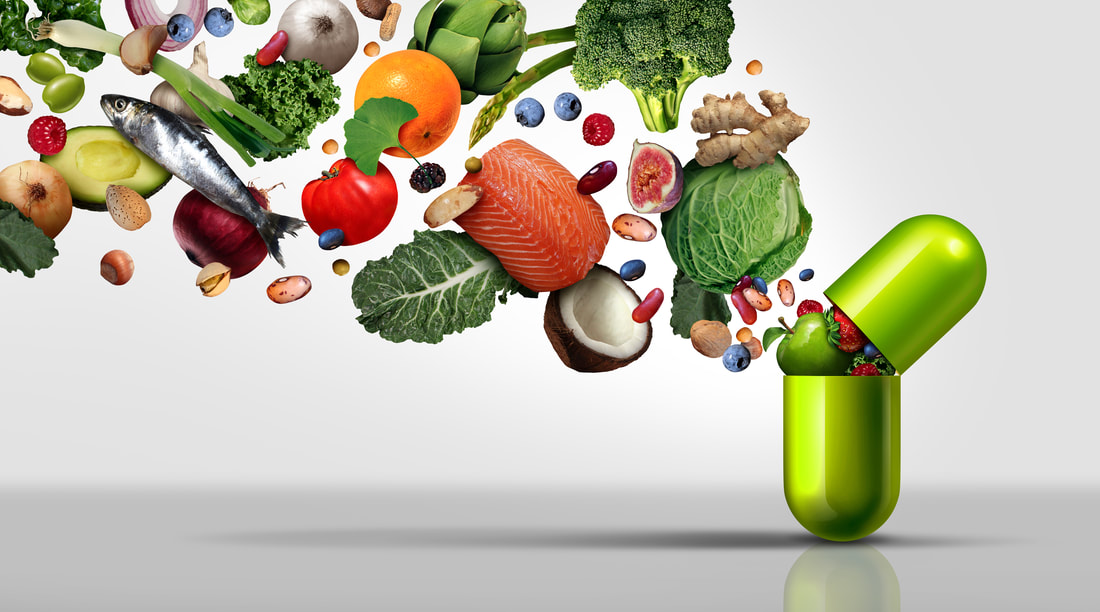
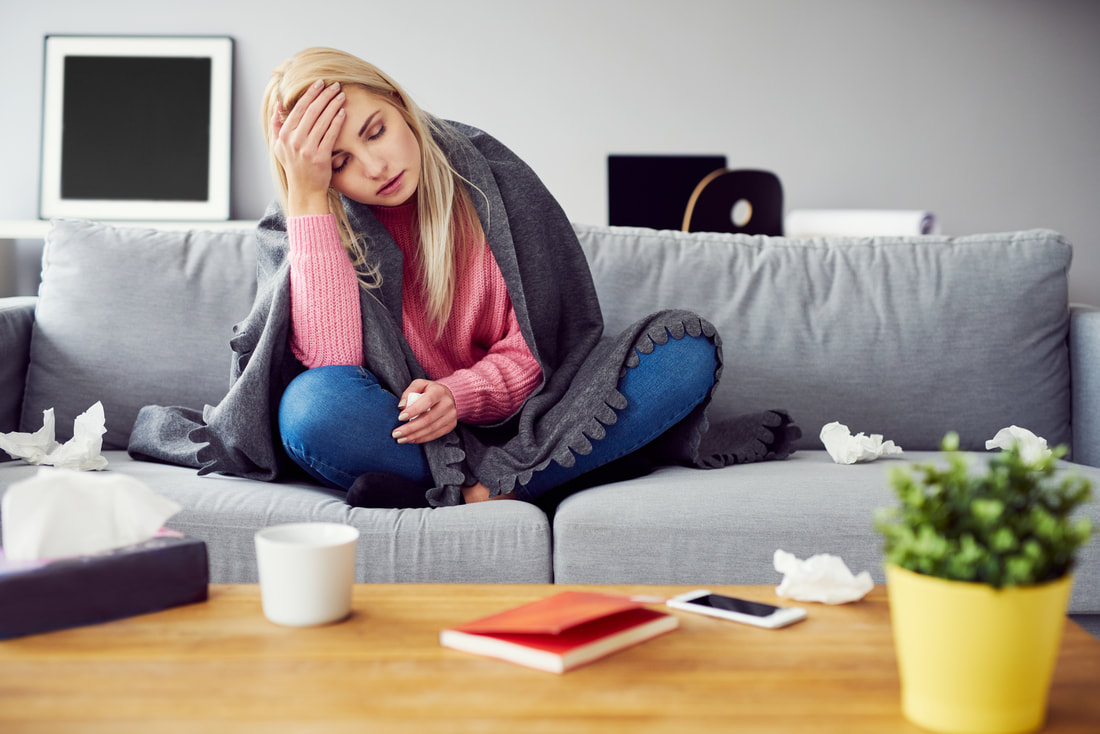
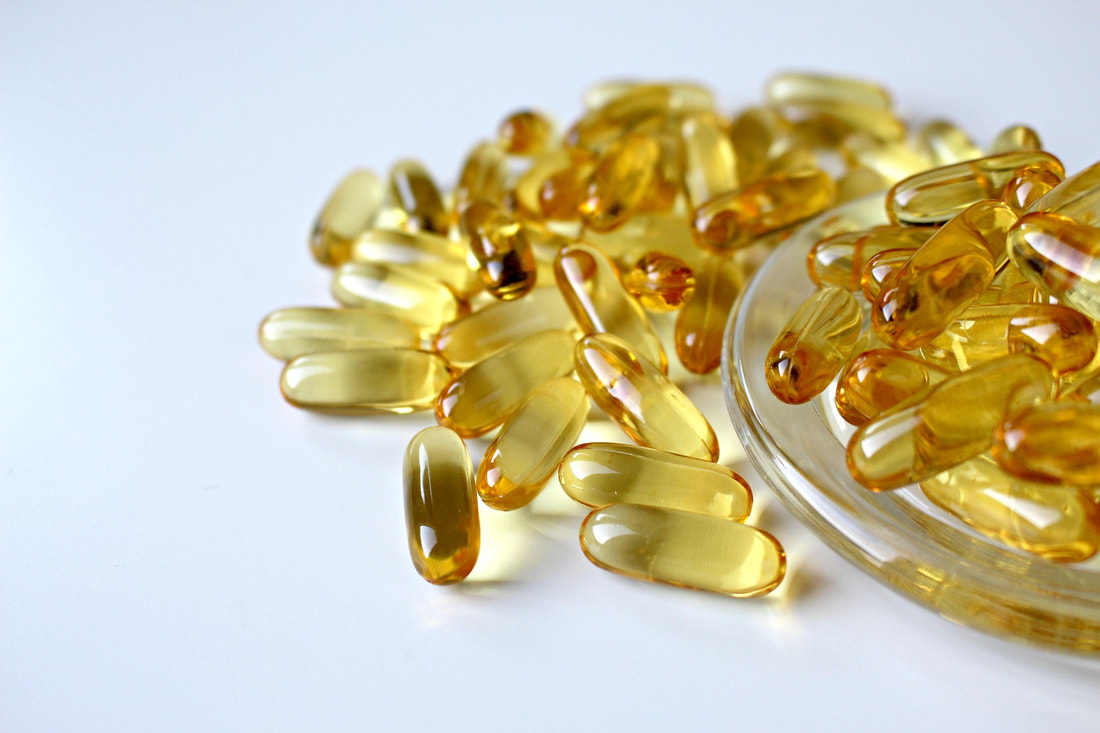
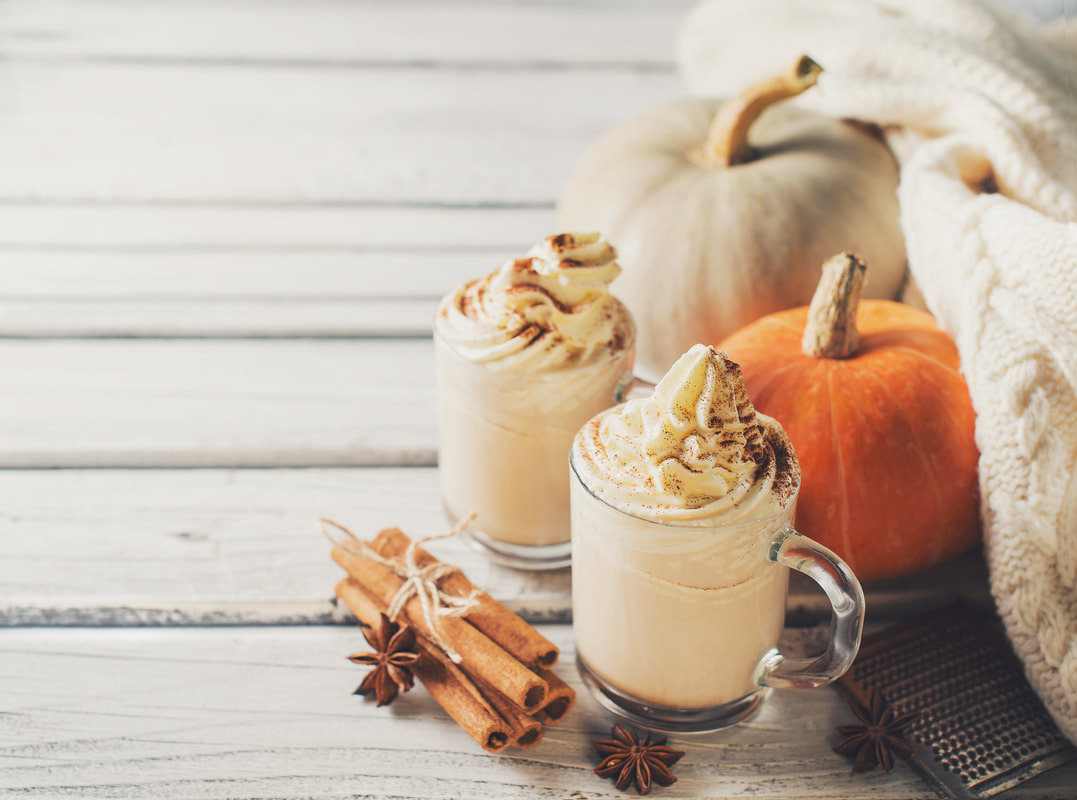
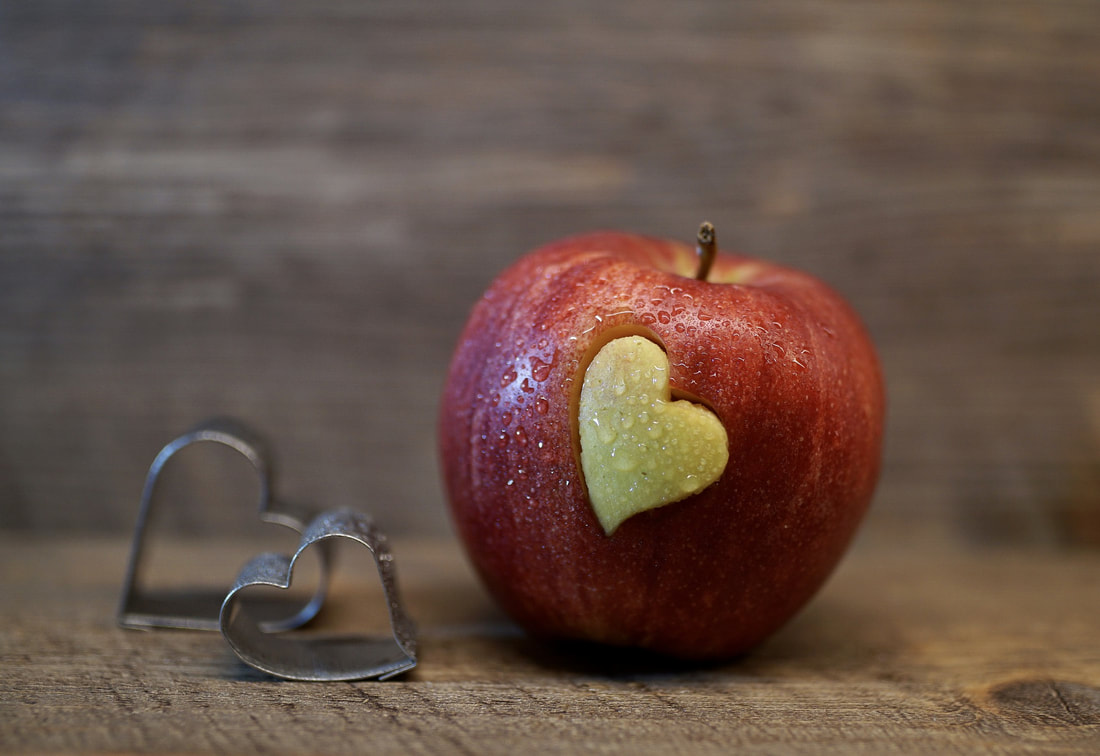
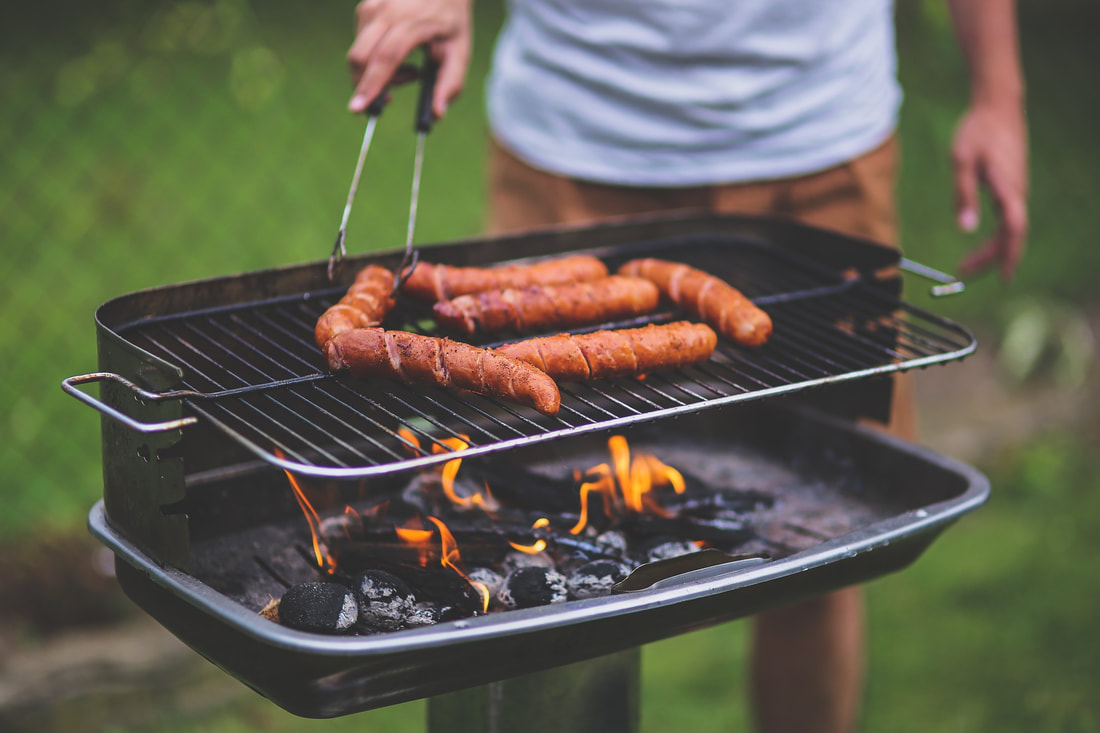
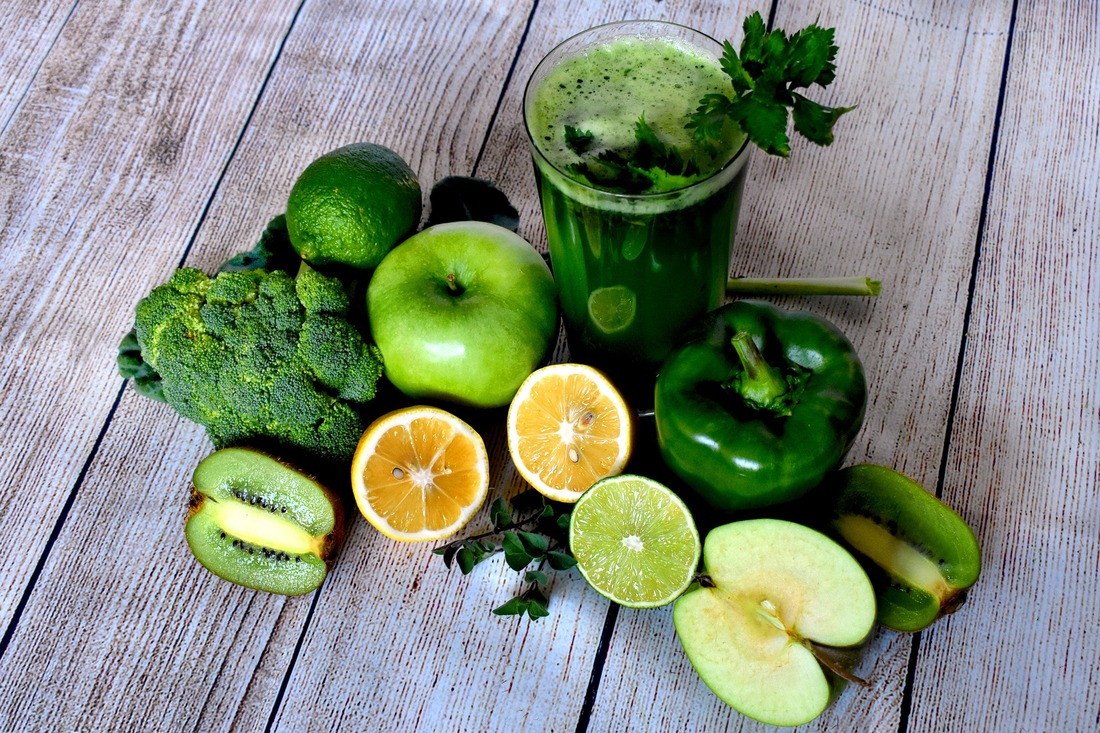
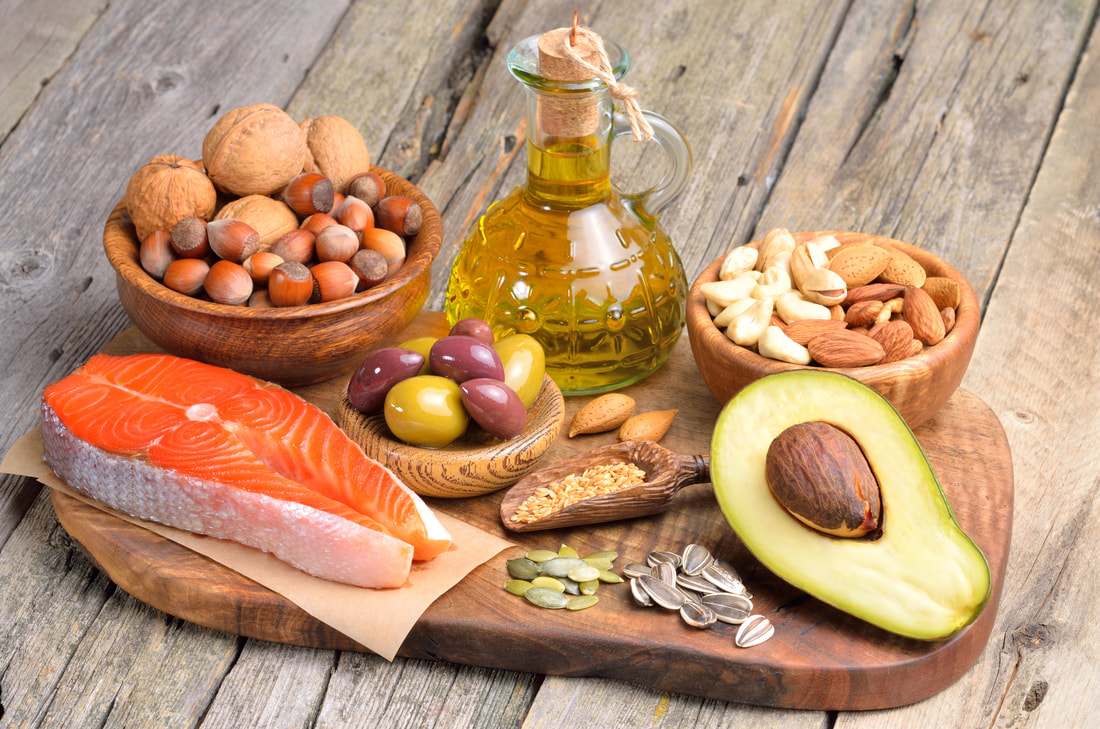
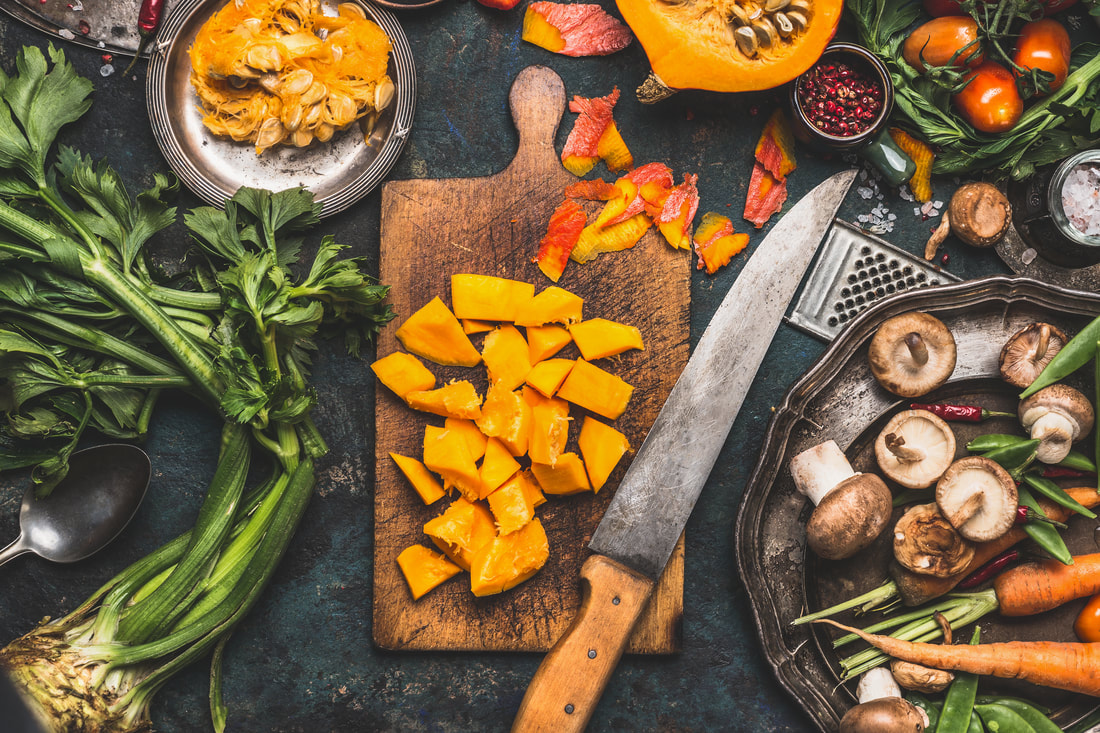
 RSS Feed
RSS Feed

